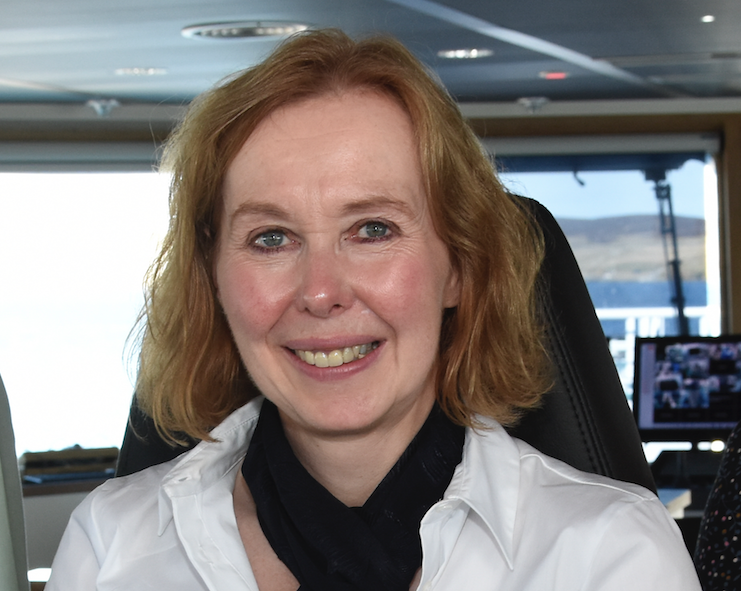Scottish Government ‘listening’ to HPMA protests

The minister leading a controversial proposal to bar commercial activities from a tenth of Scotland’s coastal waters has vowed to listen to rural and fishing communities that have come out strongly against the policy.
Mairi McAllan, Net Zero and Just Transition Secretary, has overseen a consultation process on plans for Highly Protected Marine Areas (HPMAs). Intended to cover as much as 10% of Scotland’s coastal waters, designated HPMAs would be no-go zones for all forms of fishing, aquaculture and other industries, including offshore wind farms.
Consultation on the plans closed on Monday this week. Today, McAllan said: “It is an unavoidable truth that we are in the midst of a climate and nature crisis and we must be prepared to take action commensurate with the scale of that challenge. However, it is also true that as we tackle the climate emergency, we must do so via a fair and just transition which empowers communities and shares in the benefits of a green economy… I recognise there is considerable strength of feeling on this issue – from those who support it and those who have concerns.
“It has always been our intention to develop these ambitious proposals in close collaboration with those impacted by them – in particular, people living and working in our island and coastal communities.
“That’s why we have chosen to consult right at the beginning of the process and why I have committed to now consider the responses to our initial consultation very carefully as we develop next steps.”
She added: “I want to give my assurance that I am listening and absolutely recognise the value that Scotland’s fishing and aquaculture sectors play in contributing to our economic prosperity. I will visit coastal and island communities in the coming months to hear directly from those affected.
“At the moment, we are at the very early stages of developing HPMAs and are yet to consider where they might be located as part of a separate process. There will be further opportunities for individuals, communities and businesses to have their say on where and how we enhance our marine protection and I am determined to ensure that as many voices as possible are heard.”
HPMAs have already been brought in, albeit in a very limited way, in England and Wales. The commitment to introduce the policy in Scotland is part of the Bute House Agreement between the ruling Scottish National Party and the Scottish Greens, which has effectively formed the basis for a coalition government.
The scale of the proposals has sparked a backlash, however. Scottish Fishermen’s Federation Chief Executive Elspeth Macdonald said: “In the last few weeks there have been more and more voices from around Scotland’s coastline saying that the Scottish Government’s policy on HPMAs is fundamentally flawed.
“Community groups, local authorities and MSPs from across the political spectrum have expressed their fears that designating at least 10% of Scotland’s seas as HPMAs will have far-reaching consequences for Scotland’s coastal and island communities and economies… as the plans are politically driven rather than based on robust policy analysis, there are no data underpinning the process, no time to establish baselines once the sites are identified and no models or indicators to measure their effect. In essence, there will be no way of assessing if the HPMAs are achieving the government’s very vague and unfocused aims.”

Tavish Scott, Chief Executive, Salmon Scotland
Industry body Salmon Scotland has also called for a rethink of the scheme. Chief Executive Tavish Scott said: “We have grave concerns that HPMAs as currently proposed will result in significant job losses in some of our most fragile coastal communities, and damage the Scottish Government’s own blue economy approach that supports sustainable economic growth.”
Kate Forbes MSP, who is also an SNP representative and was the runner-up in the party’s recent leadership election, has also voiced concerns over the scale and speed of the proposed scheme.
Mairi McAllan stressed, however: “Our seas and their ecosystems are vital to a healthy environment and Scotland has some of the most beautiful and diverse marine ecosystems on the planet. We have to consider what more we can do to protect our precious natural environment and ensure productive and healthy seas are preserved for many generations to come.”
See also our report in the April issue of Fish Farmer (“One-tenth of the seas”, page 38).
- Elspeth Macdonald, Chief Executive, Scottish Fishermen’s Federation


